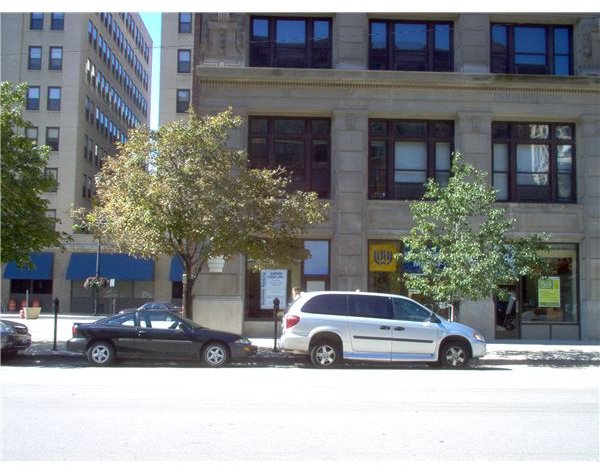Condominium Associations and Foreclosures
Role of Condominium Associations During Foreclosures
When it comes to condominium associations and foreclosures, the condominium association may play two roles. The condominium association itself can actually foreclose on a condominium unit. If the bank, not the condo association, forecloses on the unit, the association takes on the role of creditor in the process. What this means is, the association can use the same collection actions as any other creditor when it comes to collecting any unpaid fees or dues. A common collection practice for condominium associations during foreclosure is to place a lien against the property.
Condominium Associations and Collections During Foreclosure
Although condominium associations and foreclosures have been a touchy topic for decades, most new homeowners have no idea how condominium associations work or just how much power they have. Condominium associations are often comprised of regular people, like yourself, with other paying jobs. These volunteers typically have no experience in real estate, property management, or other related field. What they do have is real estate condominium law governed at the federal level. If you do not understand condominium law, you may be unaware of a number of issues that can lead to foreclosure that have nothing to do with the bank.
Condominium associations have the right to fine an owner for something as simple as planting flowers without permission. If it is a violation of condominium rules, the association may assess a fine. If the fines accumulate, the association can place a lien on your property. If the fines go unpaid, it is perfectly legal for the association to foreclose on the property.
The same process applies if a condominium owner falls behind on his community association fees. If a condo owner fall behind on his fees, even once, they will have to pay a fine. If the owner falls 90 days behind, the condominium association has the right to place a lien against the condo and threaten to foreclose. Remember, this action is not a ploy to acquire the owner’s property. When a condo owner falls behind on community fees, the rest of the community must make up for the lack of payment through higher fees, reduced spending on amenities, maintenance, and upkeep, and special assessments.
By agreeing to the association by-laws and handing over the right of property trustee, condo owners waive a number of rights. In some cases, you even give up the right to go to court. For these reasons, among others, potential condo owners should always review the condominium by-laws thoroughly before moving into any condo building or community to get a clear understanding of exactly what is expected and the consequences of ignoring these expectations.
Always pay close attention to any documents that need to be signed. If something does not sit well with you or it seems unreasonable, you might consider purchasing a different condo property or even your own home. Homeowners do no have to follow the rules set by condominium associations or federal condominium law.
Condominium Associations and Foreclosed Property Liens
It really does not matter if a condo is in foreclosure or not. The condominium association has the legal right to place a lien against the property if an owner has any unpaid community association fees. In cases where the bank has already begun foreclosure proceedings, the homeowners association cannot do the same.
After placing the lien, the condominium association may or may not receive a payment for past dues or other fees. In some cases, condominium associations may be successful with collecting a percentage of the fees. In others, especially if the former condo owner has filed for bankruptcy, the association may never recoup unpaid dues.
Images
References
Illinois General Assembly
https://www.ilga.gov/legislation/ilcs/ilcs3.asp?ActID=2200&ChapterID=62&Print=True
Mega Law: State By State Condominium Laws
